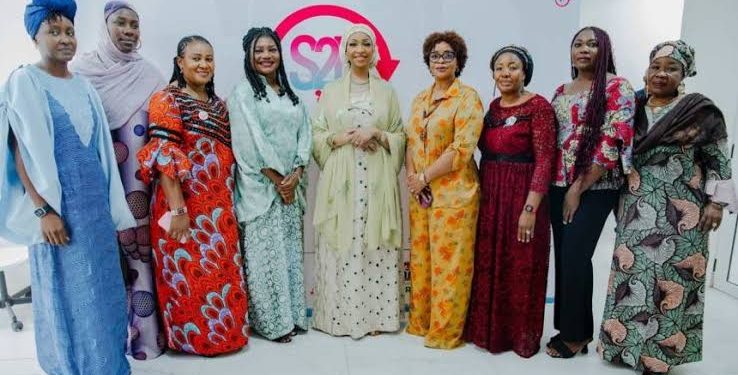Nigeria is doubling down on its growing creative economy with a new national training initiative aimed at transforming the country into Africa’s fashion powerhouse.
In a bold move to strengthen skills and unlock economic opportunities, the Federal Ministry of Art, Culture, Tourism, and the Creative Economy has partnered with The Fashion Academy Abuja to launch a nationwide fashion training programme. Targeted at designers, tailors, and creative entrepreneurs, the initiative is part of the government’s broader Creative Leap Acceleration Program (CLAP).
The training will focus on two core areas: Pattern Making & Professional Sewing Techniques and Fashion Business & Branding.According to the ministry, the curriculum is crafted to equip participants with the practical skills and strategic know-how needed to compete in an increasingly global fashion market.
“Our creative industry holds immense potential, and this collaboration with The Fashion Academy Abuja is a bold step towards building a skilled workforce and positioning Nigeria as a leader in fashion innovation across Africa,” said the Minister of Art, Culture, Tourism, and the Creative Economy. She noted the fashion sector’s rising role in youth employment and cultural diplomacy.
The partnership comes amid growing recognition that fashion—alongside music and film—is one of Nigeria’s strongest cultural exports. Although industry experts estimate that the fashion sector contributes billions of naira annually to GDP, many creatives face barriers including limited access to training, funding, and international exposure.
For The Fashion Academy Abuja, the collaboration represents a strategic effort to close those gaps. “We are excited to work with the Ministry to nurture talent, foster entrepreneurship, and provide access to industry-ready training that truly makes a difference,” said the academy’s director.
Applications for the program open August 4 and close August 11 via the official portal, clap.gov.ng. Selected participants will receive hands-on instruction, mentorship, and access to business support networks to enhance their long-term growth prospects.
The initiative comes at a time when Nigerian fashion is gaining global momentum, with designers from Lagos to Abuja earning spots on major international runways. But despite this progress, the industry still faces structural challenges such as inadequate infrastructure and limited investment.
By backing skills development and brand-building, the government hopes to drive employment, empower young creatives, and solidify Nigeria’s position as a continental trendsetter and global fashion player.










